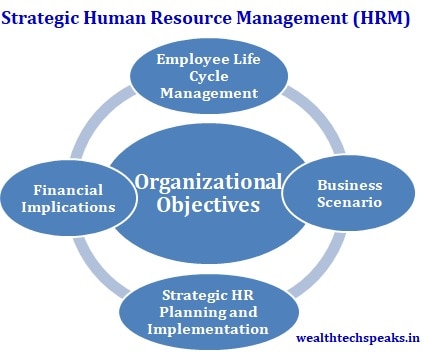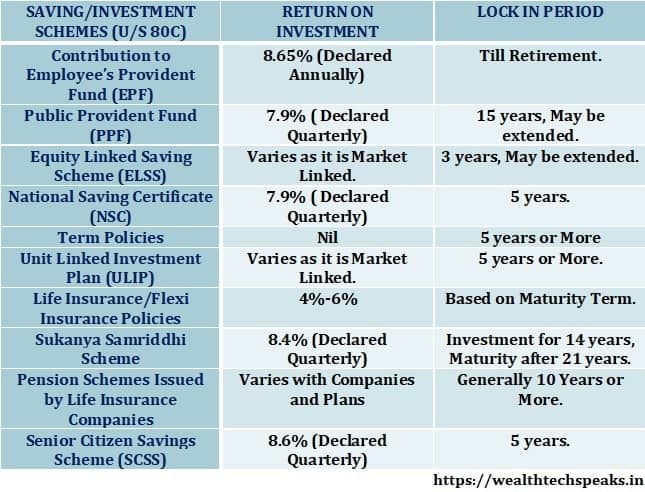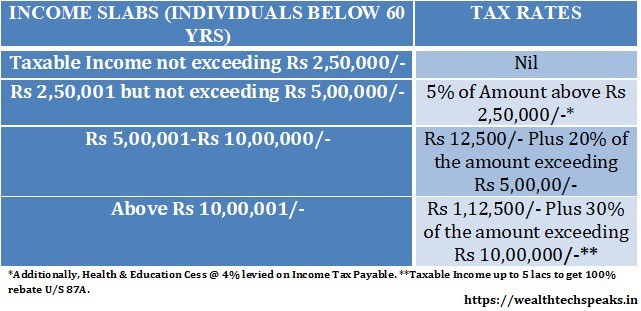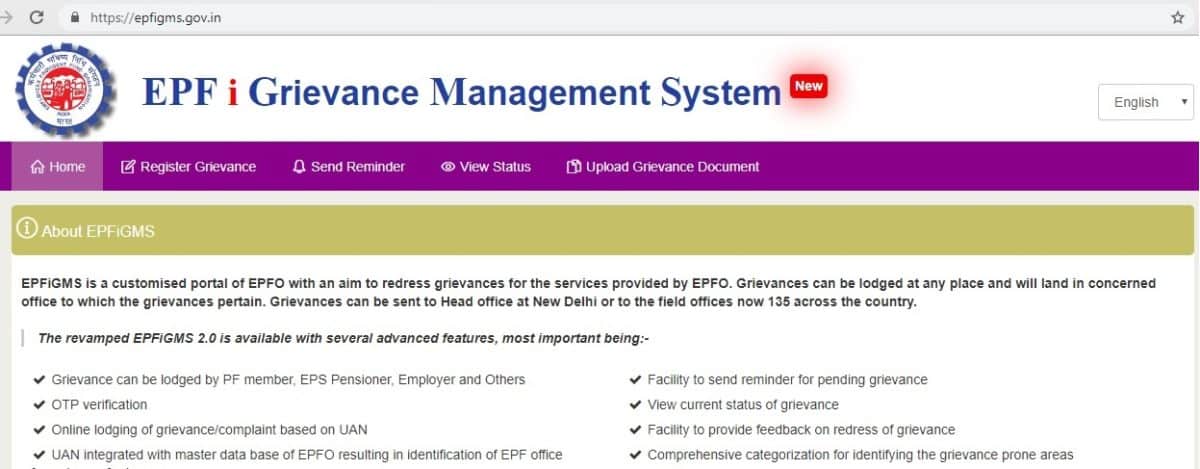
The Payment of Wages Act
- Posted By Amritesh
- On May 29th, 2018
- Comments: 3 responses
Payment of Wages Act was introduced in 1936 with the objective of protecting the interest of the Individuals employed in Establishments and Factories. The Payment of Wages Act is aimed at ensuring that the Employees receive the due payments on time at regular intervals without any unauthorized deductions. The Act is examined from time to time and amended in view of changes in the economic scenario to protect the interest of the employees/wage earners. Thereby, it ensures that the salary/wage is paid regularly and without any undue deductions.
Minimum Wages Act
The Payment of Wages Act attempts to eliminate any such malpractices adopted by the Employer/Establishment to deprive the Employee of the rightful wage and ensure uniformity in payment of wage.
Applicability of the Payment of Wages Act
Payment of Wages Act is extended to whole of India. It is applicable to any factory, any railway and industrial establishment, or any establishment as notified by the Central or the State Government.
Employees Coverage
Payment of Wages Act is applicable to all the employees earning wages/salary up to Rs 24,000/- per month.
Administrative Authority
Payment of Wages Act is governed by the Central and the State Government respectively. The Central Government enforces the act in Railways, Mines, Oilfields, and Air Transport Services. Whereas, the State Government is responsible to enact the same in all other establishments within its jurisdiction respectively. The respective Authority is also required to appoint the inspectors and wages authority, and setup rules to carry out the provisions of the Act.
Definition and Meaning of Wages/Salary
Wages is defined as all remuneration (whether by way of salary, allowances, or otherwise) expressed in terms of money or capable of being so expressed which would, if the terms of employment, express or implied, were fulfilled, be payable to a person employed in respect of his/her employment or of work done in such employment.
This simply implies any wage/salary paid to the worker/employee while in employment by the employer. It includes-
#Any remuneration payable under any award or settlement between the parties or order of a Court;
#Any remuneration to which the person is entitled in respect of the overtime work or holidays or any leave period.
#Any additional remuneration payable under the terms of employment (whether called as bonus or by any other name).
#Any sum which by reason of the termination of employment of the person employed is payable under any law, contract or instrument which provides for the payment of such sum, whether with or without deductions, but does provide for the time within which the payment is to be made.
#Any sum to which the person employed is entitled under any scheme framed under any law for the time being in force.
But does not include-
#Any Bonus (whether under a scheme of profit sharing or otherwise) which does not form part of the remuneration under terms of employment or payable under any other settlements or award or order of court.
#Any perks, fringe benefits, or amenities excluded from the components of wages by General or Special order of the respective Governement.
#Any contribution paid towards the Statutory Funds such as Employees Provident Fund (EPF) and Employees Pension Fund (EPF) including interest paid therein.
#Any Travel Allowance, Gratuity, or sum paid not included in the definition of the Wages/Salary.
Responsibility of the Employers
Payment of Wages: Every Employer is responsible for the payment of wages to the respective employees. In cases of Factory, Industrial Establishment or Railways following persons shall also be responsible for the payment of wages- Manager or Supervisor, any person appointed by the establishment/employer for the same, any person nominated by the Railway Administration in case of Railways for the respective area.
Fixation of Wage Periods: Each entity responsible for the payment of wages, should fix the wage period which may be on daily, weekly, fortnightly or monthly basis. But in no case it should exceed beyond one month.
Time of Payment: Every employer/manager should make timely payment of wages. If the number of employees in any factory, industry, establishment or railways is less than 1000, then the wage/salary must be paid within the 7 days of the following wage period. In case the number of employees exceeds 1000, the payment should be made within the 10 days of the following wage period.
Termination of employment by the employer or on behalf, the payment of due wages should be paid within 2 working days from the date of termination. In case of termination due to closure of the factory, establishment as the case may be, payment should be made before such closure.
All payments of wages to be made on the working day.
Mode of Payment: Salary/Wages may be paid in cash or through cheque or direct credit to the respective bank account of the Employee is allowed under the Act.
Payment of wages in kind is not permissible.
Deductions from Wage/Salary
#Payment of Wages should be made without any deductions except for those authorized under the Act or approved by the Government (EPF, ESI, Income Tax, Professional Tax, etc).
#No Fines in respect of an act or omission shall be imposed on employee unless notified under the Statutory Act or by the Competent Authority. #Fines cannot be levied unless the Employee has been given the opportunity to defend himself/herself. Amount of fine should not exceed 3% of the wage payable during the concerned wage period, and should not be recovered after the expiry of 90 days, or in installments. In case of damage of goods or loss of money, due to employee’s negligence, he/she should be given complete opportunity to show cause before deduction, not exceeding value of actual loss.
#Deduction for Absence from Duty, in violation of terms of employment. Deduction should not exceed the following;
Wages Payable for the Wage Period* Period of Absence (Days)/ Total Wage Period
#Shortfall in terms of hours to be calculated accordingly.
#Employee/s on strike where it is illegal and unjustified, shall also be deemed as absence from duty.
#Employer/s may also deduct wages on the principle of “no work no pay” even if there is no provision in the contract permitting the same.
#Deduction for accommodation or other amenities as notified by the Government, to be provided by the employer, not exceeding value of benefit. Recovery of advances (including those for travelling and conveyance allowance) and interest thereon, shall be made in accordance of the guidelines of the Government and the Act.
#Deduction for recovery of loans from Labour Welfare Fund, and housing loans, along with interest, shall be made in accordance to Section 12A and rules laid down by respective State Government.
Deduction Limit
Permissible Deduction during any Wage Period should not exceed;
# wherein, deductions are wholly or partly made for payment in Co-operative Societies, 75% of the wages; and
#in other cases, 50% of the wages.
Maintenance of Record, Registers and Filing
Establishment is required to submit an annual return of Wages in Form IV, in respect of the concerned year, by 15th February of the Succeeding Year. Register maintaining records of the Employees, payment of wages, deductions and fines imposed should be maintained by the Employer. Such records are to be preserved for atleast 3 years.
Notice Display
Establishment/Factory should display notice containing the abstracts of the Act and the rules made thereunder, at prominent places within the premises, in prescribed form, in English and vernacular language understood by majority of the employees.
Rights of Employers and Employees
Employer/s have right to make permissible deductions from wages of an employee. Along with rights to appeal against any order related to wrongful deductions within 30 days from issuance of such order. However, appeal can be made when the compensation exceeds Rs 300/- or financial liability is in excess of Rs 1,000/-.
Employees have right to claim unpaid or due wages, unauthorized deductions and fines imposed. Application may be made for such claims within 12 months, any further delay in application needs to be backed by sufficient cause for delay. Appeal against any order of the payment of wages authority.
Offences and Penalties
Violation of the provisions under the Act will attract penalties in form of fines and imprisonment. Depending on the nature of offence, the fine may go up to Rs 22,500/- and more, provision of imprisonment up to maximum of 6 months is also provided under the Act.







